Lajwanti seeds, also known as Mimosa pudica or “touch-me-not” seeds, derive from a fascinating plant renowned for its unique response to touch. These seeds are small and round, with a hard outer shell. When touched or exposed to movement, the plant’s leaves and stems dramatically fold inward, showcasing its remarkable sensitivity. Lajwanti seeds have been traditionally used in various herbal remedies, especially in Ayurvedic and traditional medicine practices, for their potential health benefits. They are known for their antimicrobial, anti-inflammatory, and analgesic properties, making them a valuable ingredient in natural remedies for various ailments.
Uses & Health Benefits:
- Antimicrobial Properties: Lajwanti seeds possess antimicrobial properties, aiding in the prevention and treatment of infections.
- Anti-inflammatory: They may help reduce inflammation, providing relief from conditions like arthritis and inflammatory skin disorders.
- Analgesic Effects: Lajwanti seeds may have analgesic properties, offering relief from pain and discomfort.
- Digestive Aid: Consuming Lajwanti seeds can aid in digestion and alleviate gastrointestinal issues.
- Respiratory Health: They may help alleviate respiratory issues like coughs and asthma due to their expectorant properties.
- Skin Care: Lajwanti seeds are used in skincare for their potential to promote healthy skin and treat various skin conditions.
- Hair Health: They can be beneficial for promoting hair growth and maintaining scalp health.
- Stress Relief: Lajwanti seeds are believed to have calming properties, helping reduce stress and anxiety.
- Immune System Support: Consuming Lajwanti seeds may help boost the immune system, aiding in overall health and wellness.
- Anti-diabetic: Some studies suggest that Lajwanti seeds may help regulate blood sugar levels, making them beneficial for individuals with diabetes.
- Antioxidant Rich: They are rich in antioxidants, which can help protect cells from damage caused by free radicals.
- Diuretic Properties: Lajwanti seeds may act as diuretics, promoting the elimination of toxins from the body and supporting kidney health.
How to Use?
Lajwanti seeds, also known as Mimosa pudica or “touch-me-not” seeds, have several traditional uses and benefits. Here are eight ways to use them:
- Oral Health: Lajwanti seeds can be chewed to promote oral health. Their astringent properties may help strengthen gums, reduce plaque buildup, and freshen breath.
- Digestive Aid: Lajwanti seeds can be soaked in water overnight and consumed in the morning to aid digestion. The mucilage formed by the seeds may help soothe the digestive tract, relieve constipation, and promote regular bowel movements.
- Skin Care: Lajwanti seed paste can be applied topically to the skin to soothe irritation, reduce inflammation, and promote wound healing. It may help alleviate symptoms of skin conditions like acne, eczema, and dermatitis.
- Hair Care: Lajwanti seed oil can be applied to the scalp to nourish the hair follicles, strengthen the hair shaft, and promote healthy hair growth. It may help reduce dandruff, prevent hair loss, and improve overall hair texture and shine.
- Anti-inflammatory Poultice: Crushed Lajwanti seeds can be mixed with water to create a poultice that can be applied externally to inflamed or swollen areas of the body. This may help reduce pain, swelling, and inflammation associated with conditions like arthritis or muscle strain.
- Fever Reduction: Lajwanti seed decoction can be prepared by boiling the seeds in water. Consuming this decoction may help reduce fever and alleviate associated symptoms like headache and body aches.
- Respiratory Health: Lajwanti seeds are traditionally used to support respiratory health. Consuming a decoction or infusion made from the seeds may help relieve cough, congestion, and respiratory tract infections.
- Uterine Health: Lajwanti seeds are believed to have uterine tonic properties and are sometimes used to support women’s reproductive health. However, it’s essential to consult with a healthcare professional before using them for this purpose.
Before using Lajwanti seeds or any herbal remedy, it’s important to consult with a healthcare professional, especially if you have any underlying health conditions or are pregnant or breastfeeding.
Note:
The information is for educational purposes only. This information has not been evaluated by the Food and Drug Administration.
This information is not intended to diagnose, treat, cure, or prevent any disease.




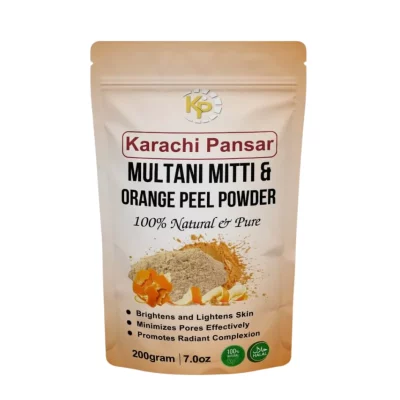

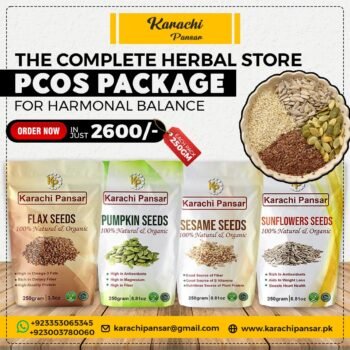
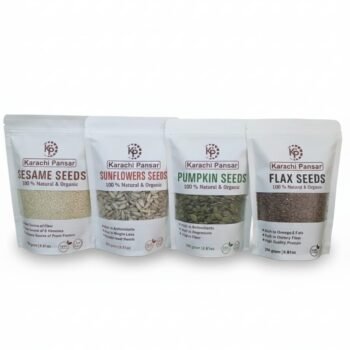

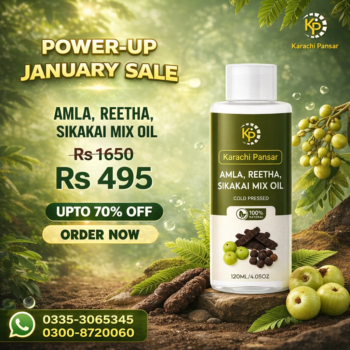
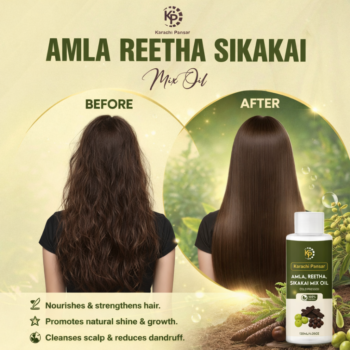

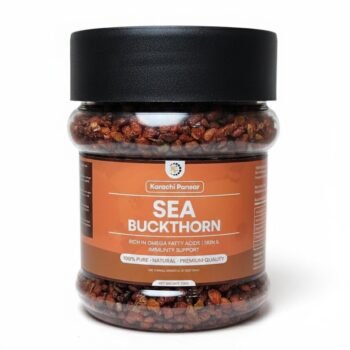




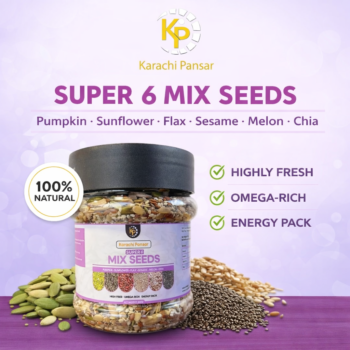






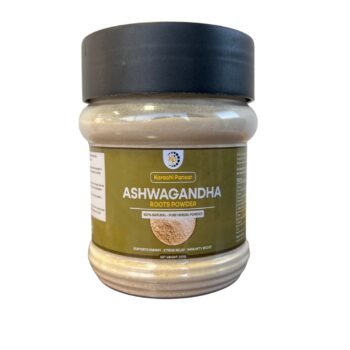






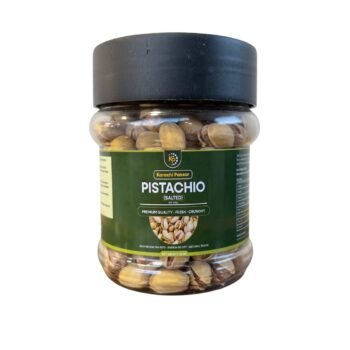




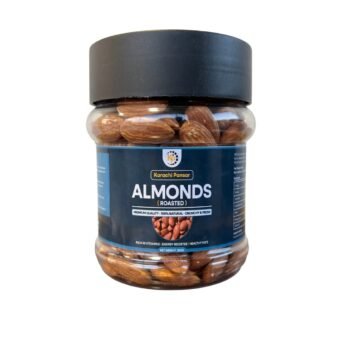
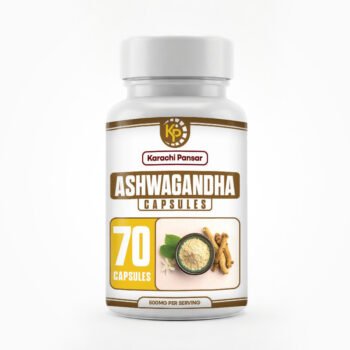
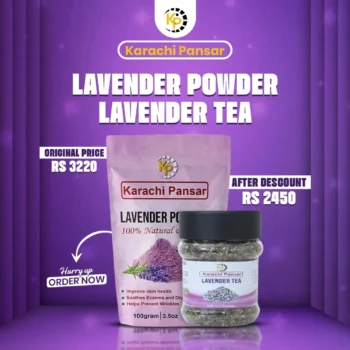
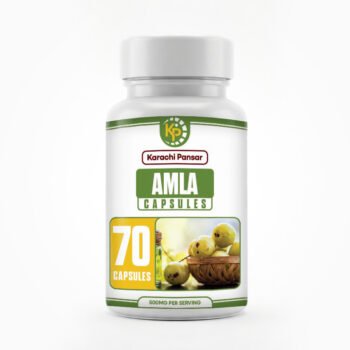
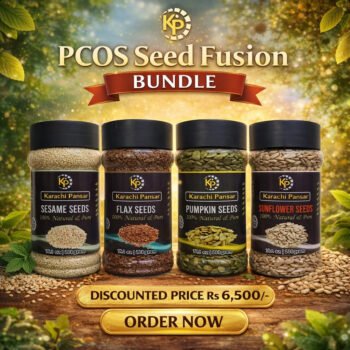




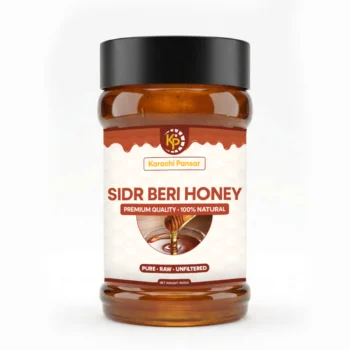


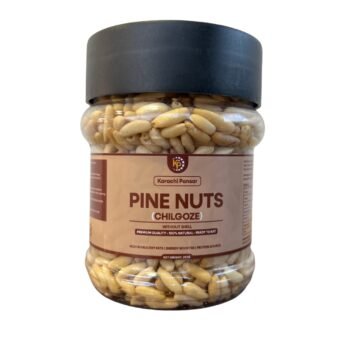
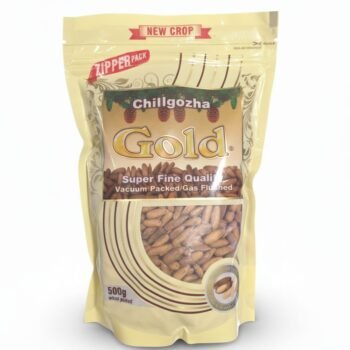
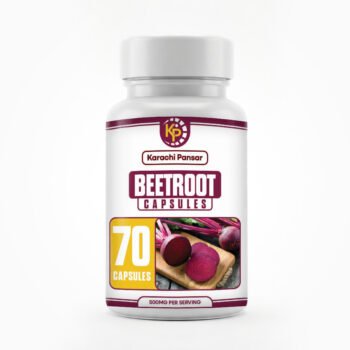

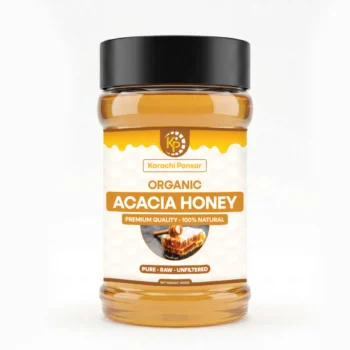
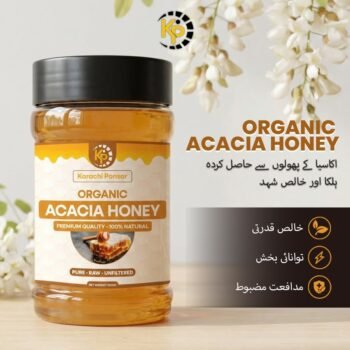
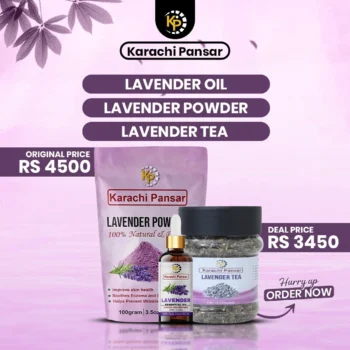
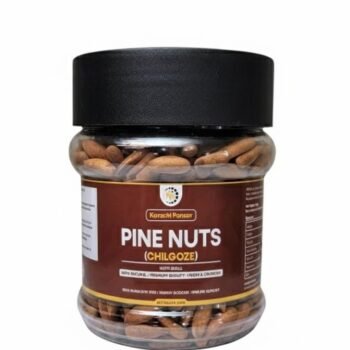
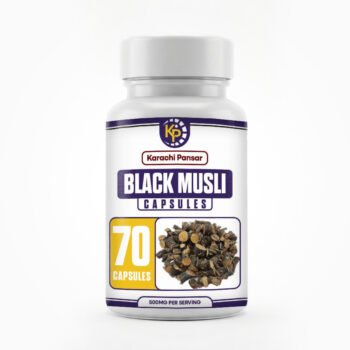
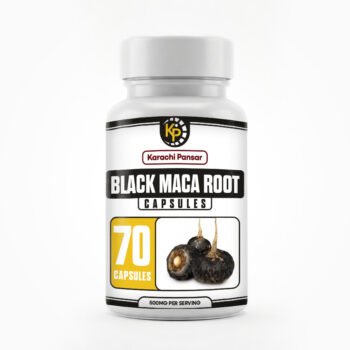
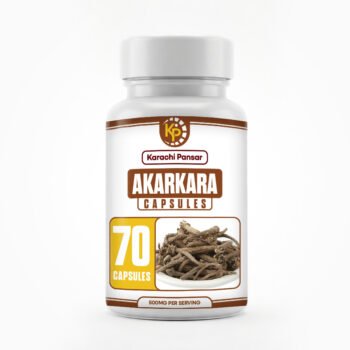
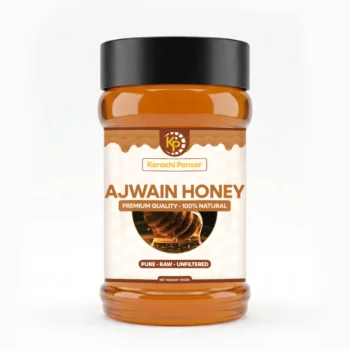
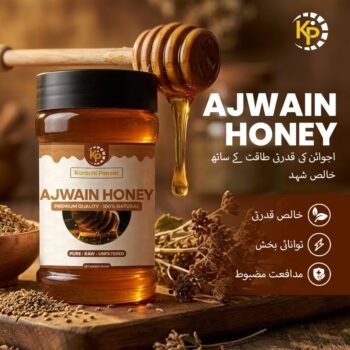
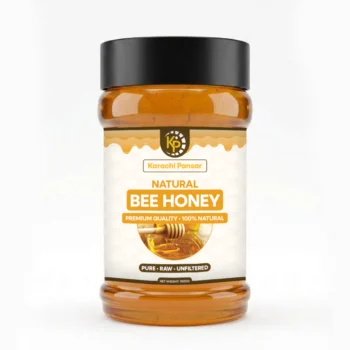
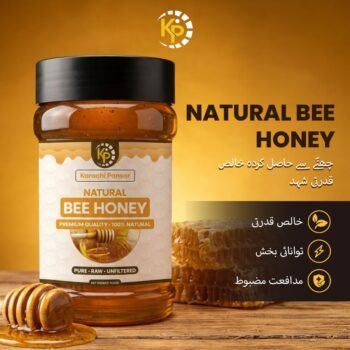
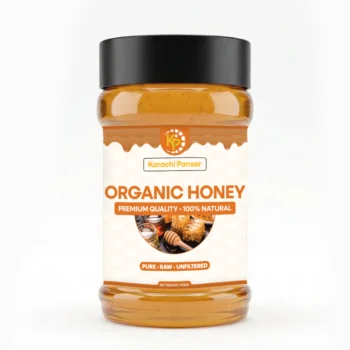
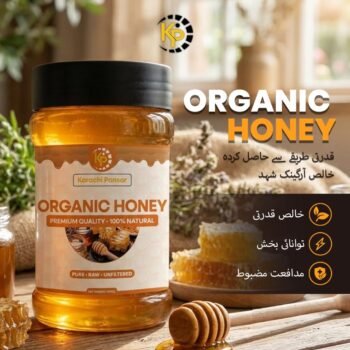

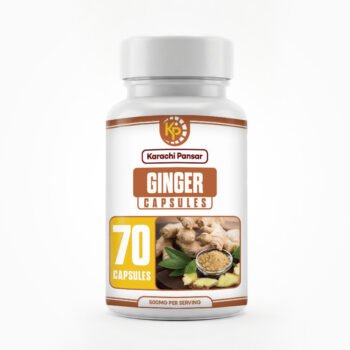
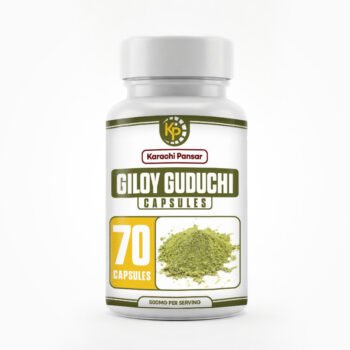
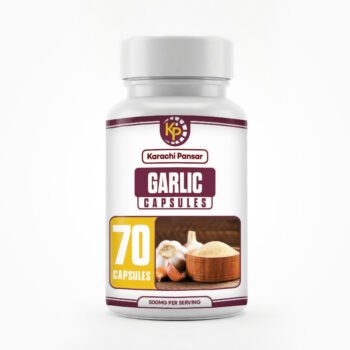
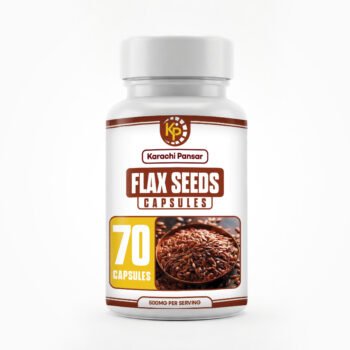
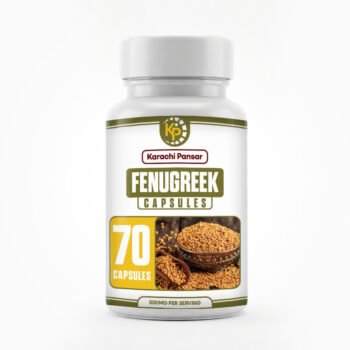
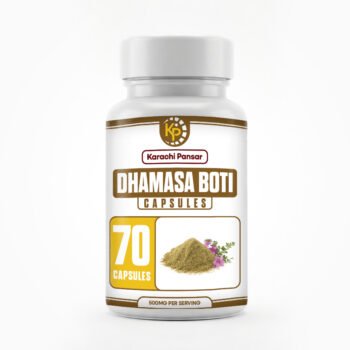

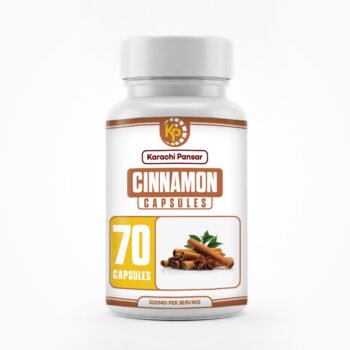
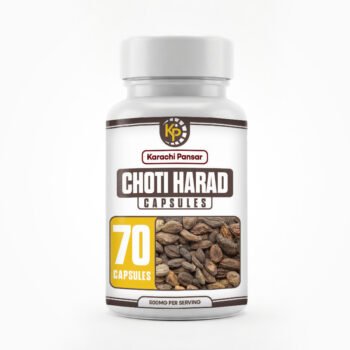
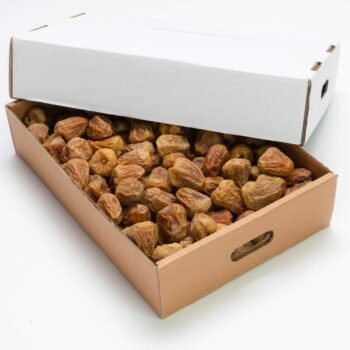
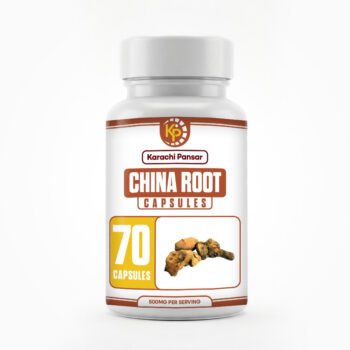
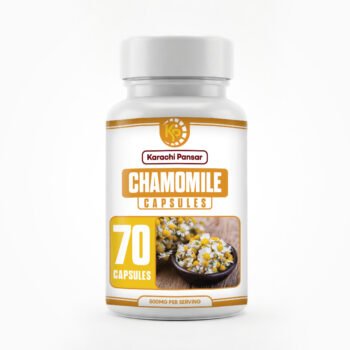
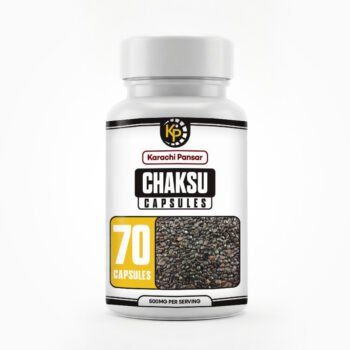
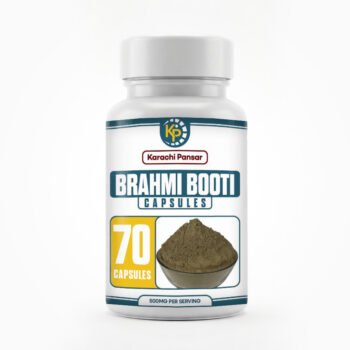
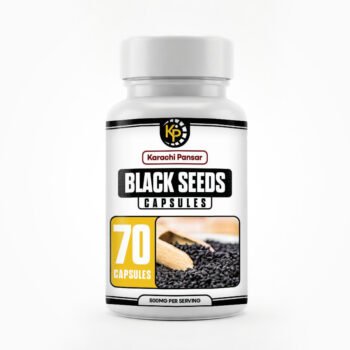
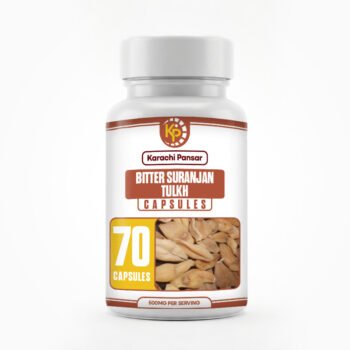
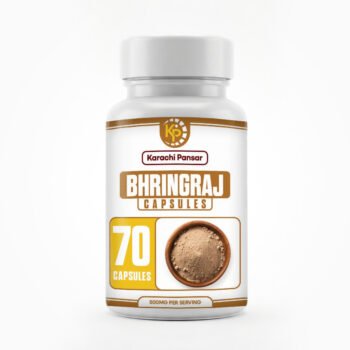
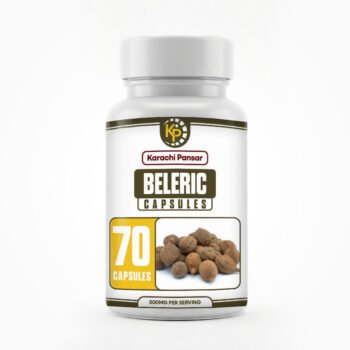
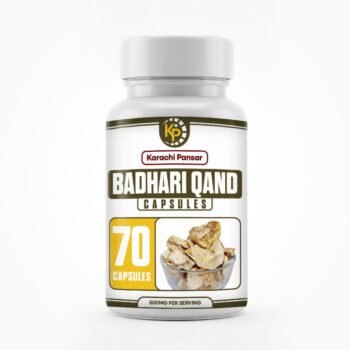
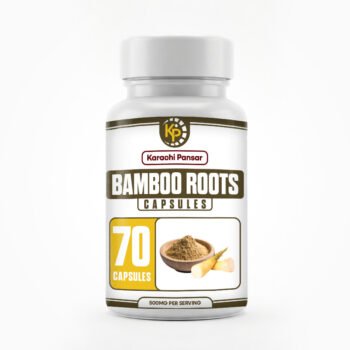
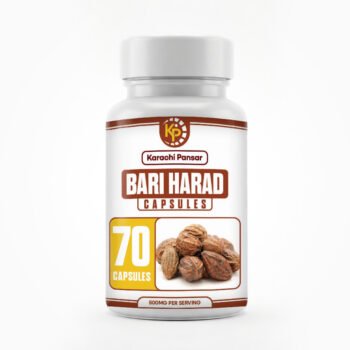
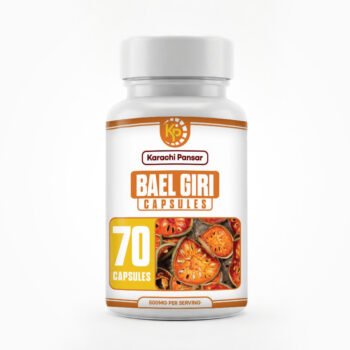
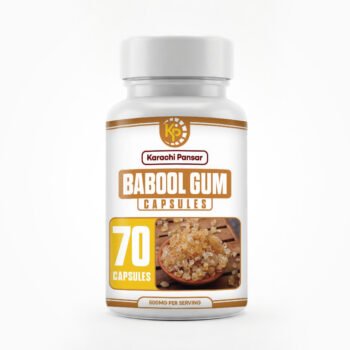
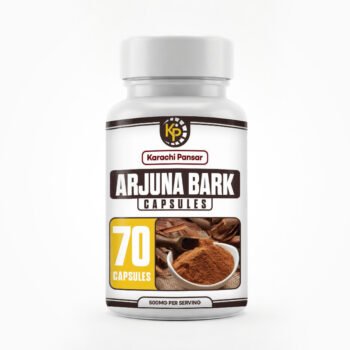



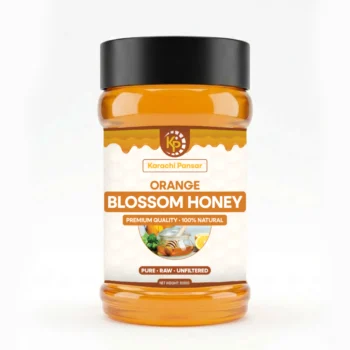
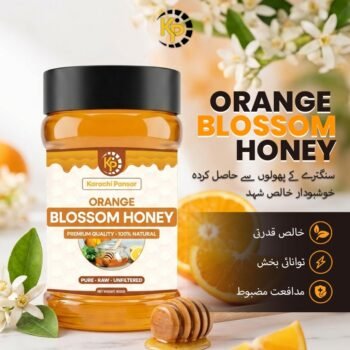
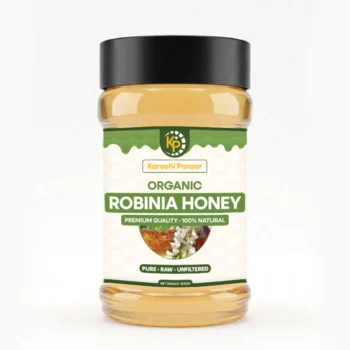
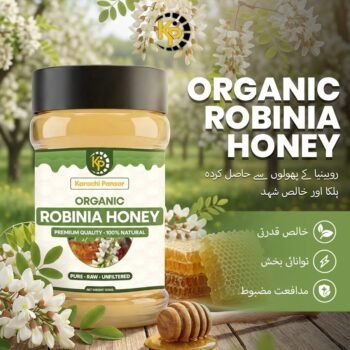
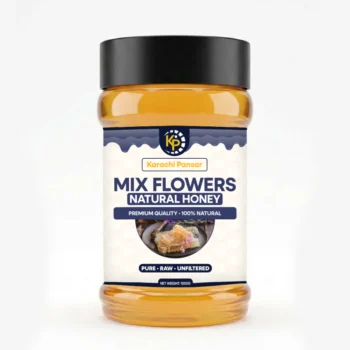
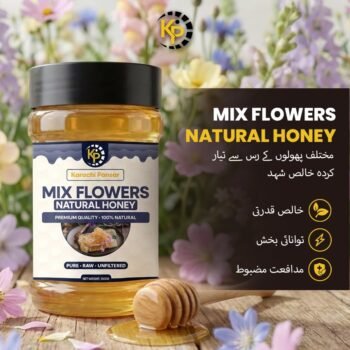
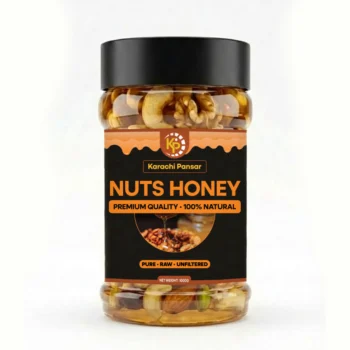


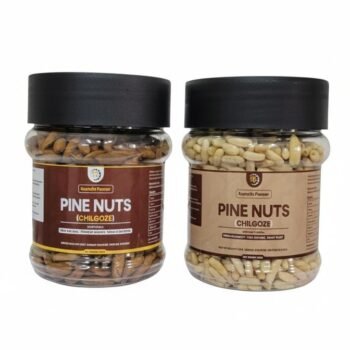
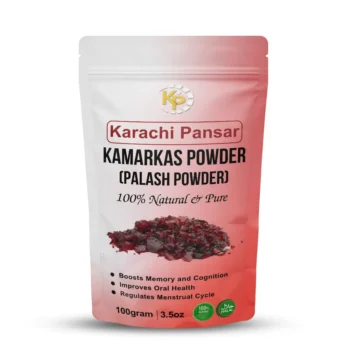
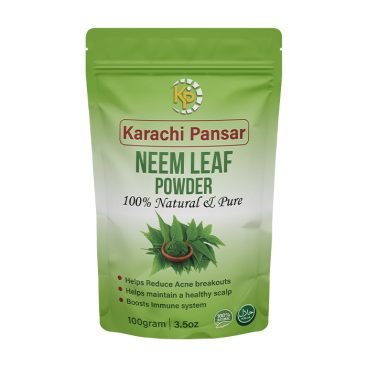
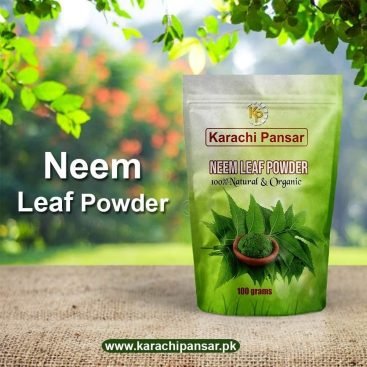
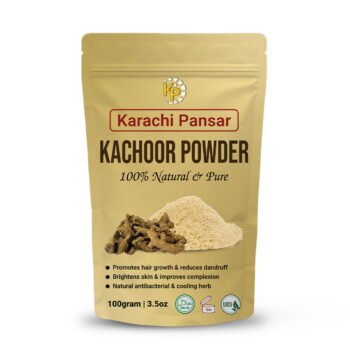
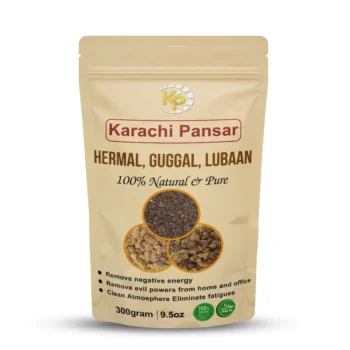
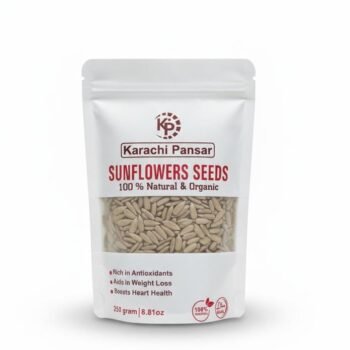
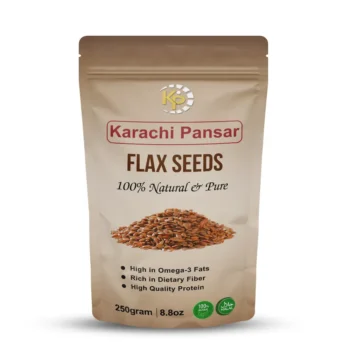
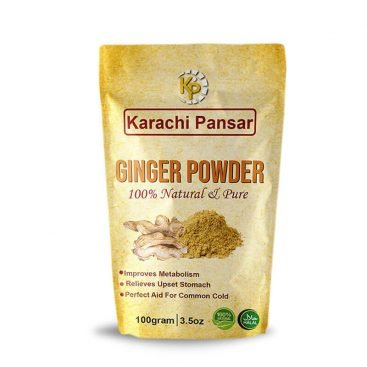
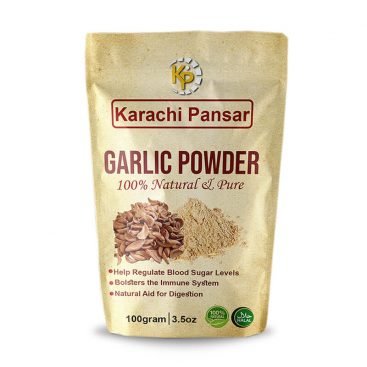
Yousuf Ahmed (verified owner) –
“Excellent quality and great customer service.”